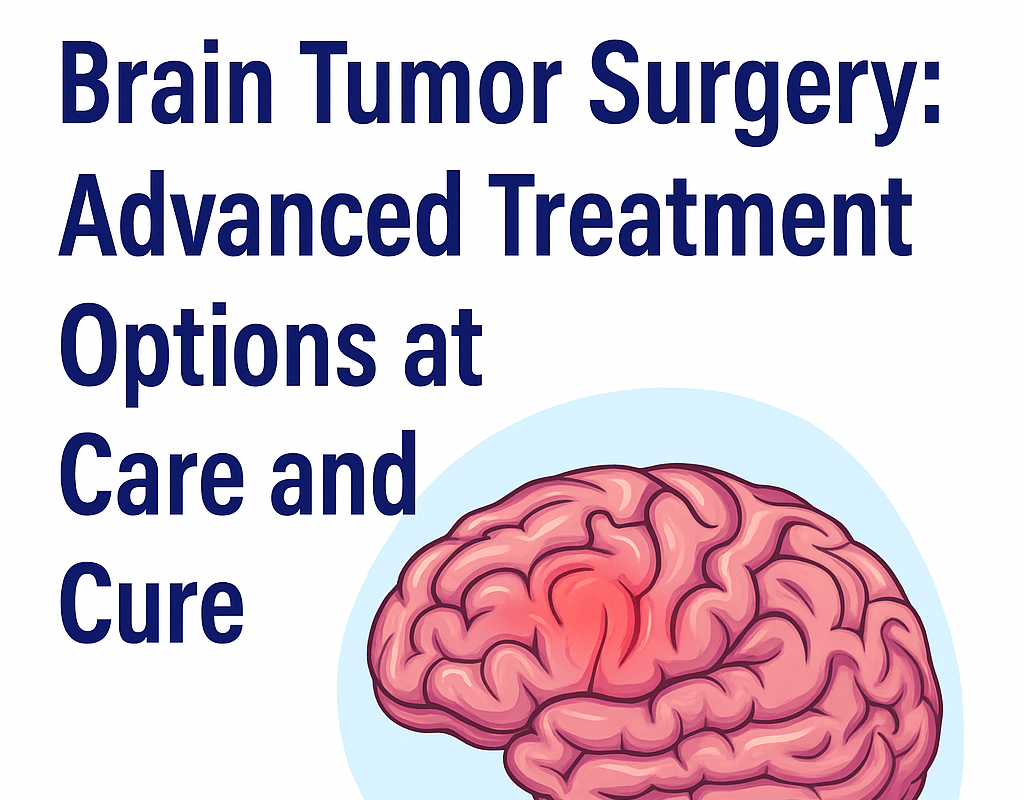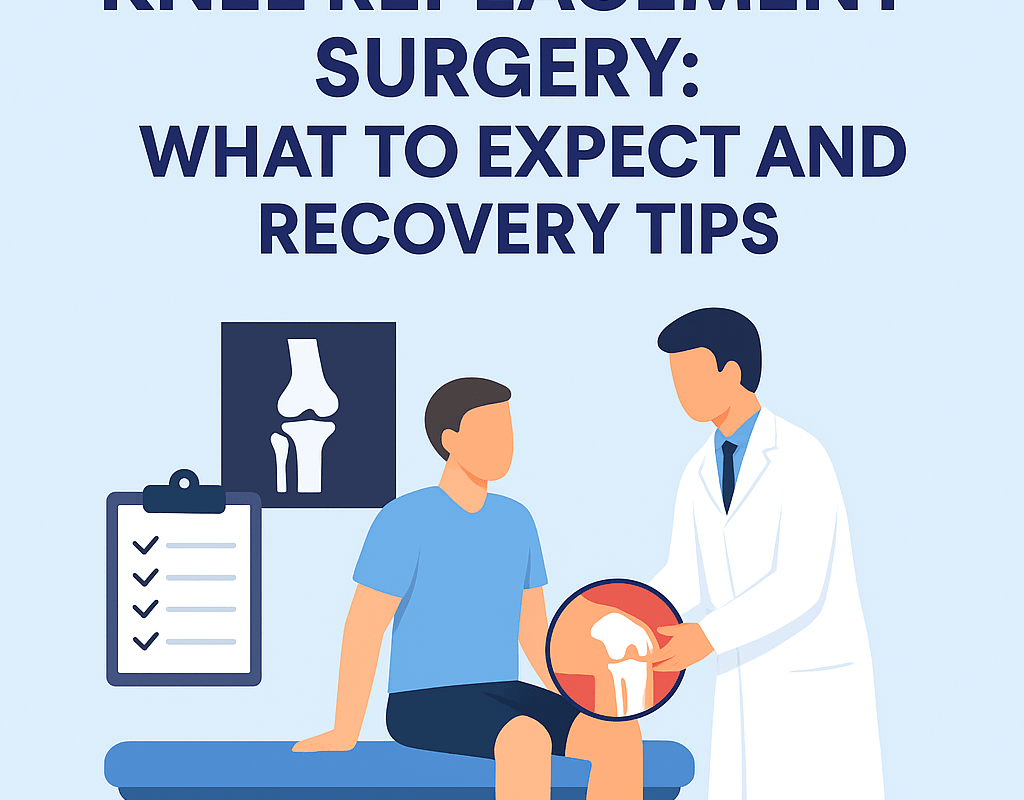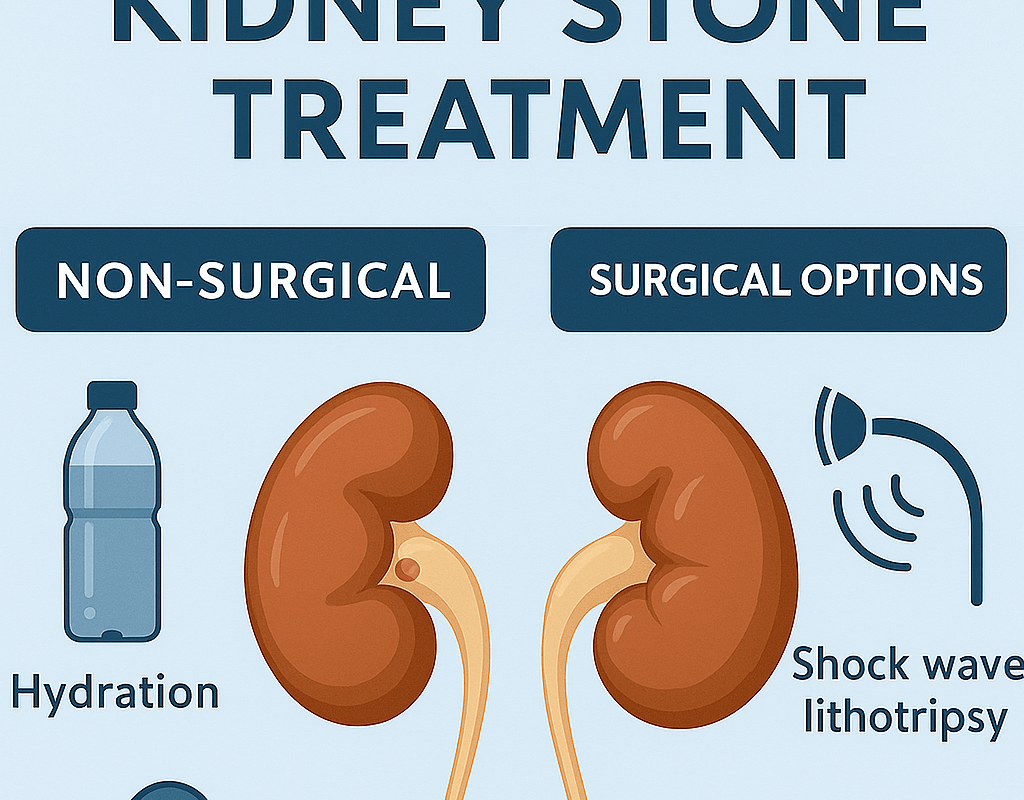With this week’s advancements in healthcare, minimally invasive GI surgery is making treatment better for patients to be safer, smoother, and faster. This procedure is unlike open surgery since it has numerous advantages—from faster recovery and less pain to less scarring and fewer complications. In this blog, we will discuss what minimally invasive GI surgery is, its top benefits, and easy recovery tips to enable you to recover better.
What Is Minimally Invasive GI Surgery?
Minimally invasive GI surgery—or keyhole or laparoscopic surgery—is a technique that employs tiny cuts and specialized instruments to repair problems of the digestive tract. Physicians put a camera (laparoscope) through one of the tiny cuts to serve as a guide. This enables them to visualize inside the body with stunning clarity and perform precise cuts without huge openings.
Common GI Conditions Treated with This Method
- Gallstones and cholecystectomy
- Hernias (inguinal or umbilical
- Acid reflux or gastroesophageal reflux disease (GERD)
- Colon polyps or cancer
- Diverticulitis
- Inflammatory bowel diseases like Crohn’s disease and ulcerative colitis
To know more about our surgery services, check out Care and Cure Hospital’s GI Surgery page.
Why Choose Minimally Invasive GI Surgery?
-
Less Pain with Smaller Cuts
Small cuts mean your body experiences less trauma. That means there is less pain after recovery and less use of painkillers.
-
Quicker Recovery and Healing
You will heal quicker with this technique. Most of the patients heal and get back to their normal life in a matter of days, not weeks.
-
Less Scarring
Because the cuts are small, the scars will be minimal and less noticeable. This is good both cosmetically and to prevent the risk of complications.
-
Lower Risk of Infection
Less exposure and smaller incisions mean no infection, recovery is smoother and safer.
-
More Precise Surgeries
High-definition cameras get up close to your internal organs. Surgeons can perform more precisely, with better results.
How to Prepare for GI Surgery
Preparation for surgery is as critical as the surgery itself. This is what happens usually before your surgery:
Pre-Surgery Checklist
- Health Check: Your physician will review your medical history, conduct a physical examination, and order lab tests.
- Imaging Scans: Imaging tests such as ultrasounds, CT scans, or MRIs assist with planning the surgery.
- Food Limitations: Fasting or limiting food intake is sometimes required before the procedure.
- Medication Review: Inform your physician of all medications and supplements currently being taken.
Our medical care team at Care and Cure Hospital attends to you and support you throughout the process.
Tips on Easy Recovery after a Procedure
Your body will heal sooner if you provide it with the right support. Below are some tips on recovery to assist you in recovering faster:
-
Follow Medical Advice
- Adhere to the medications as instructed.
- Do not skip follow-up appointments.
- Do not lift heavy objects until your physician advises you otherwise.
-
Eat Nutritious Foods
- Begin with bland foods such as soup or toast.
- Gradually introduce fiber-rich vegetables and whole grains.
- Boost fluid intake to maintain adequate hydration.
-
Manage Pain Appropriately
- Take pain medication only as directed.
- Use cold packs (if indicated) to reduce swelling.
- Use deep breathing or slow stretching to relax.
-
Monitor for Infection
- Maintain clean and dry incision sites.
- Monitor for redness, swelling, or unusual discharge.
- If everything feels amiss, consult your doctor immediately.
Use the Contact Page if you require assistance or experience complications.
-
Get Moving (Gradually)
- Take a brief walk to enhance blood flow.
- Have a heavy workout later when cleared by your physician.
- Rest when required and avoid overexertion.
Know When to Get Help
Recovery is normally uneventful, but some symptoms require immediate medical attention. Call your physician or head to the emergency department if you experience:
- A temperature of over 101°F
- Severe pain in the abdomen that does not go away
- Nausea or vomiting that persists
- Bleeding or oozing from cuts or lacerations
- Shortness of breath or chest pain
How Multispecialty Hospitals Make a Difference
Multispecialty hospitals like Care and Cure Hospital bring skilled surgeons, cutting-edge equipment, and experienced care teams together. This setting improves patient experiences and outcomes because:
- Physicians between departments work together with ease.
- Diagnoses are faster and more accurate.
- Patients receive ongoing care—from preparation for surgery through recovery.
This kind of integrated care is especially important for complex surgeries and offers safeguards for every part of your care.
FAQ ❓ – Minimally Invasive GI Surgery
-
What is minimally invasive GI surgery?
Minimally invasive GI surgery involves using tiny cuts, cameras (laparoscopes), and special tools to perform digestive system procedures. Instead of a large open incision, the surgeon uses small holes to treat problems like hernias, gallstones, appendicitis, or intestinal disorders. It’s safer, quicker, and causes less pain than traditional surgery.
-
What are the main benefits of minimally invasive GI surgery?
There are many advantages:
- Smaller scars
- Less pain after surgery
- Quicker healing and shorter hospital stays
- Lower risk of infections
- Faster return to work or daily life
It’s especially helpful for people with digestive issues like GERD, Crohn’s disease, or colon tumors.
-
Is minimally invasive surgery safe for everyone?
Most patients are good candidates, but not all. It depends on your health, the condition being treated, and past surgeries. Your GI surgeon will suggest the best approach after reviewing your case. For many common stomach or bowel issues, it’s a safe and effective choice.
-
How long does it take to recover from minimally invasive GI surgery?
Recovery is usually quicker than open surgery. Most patients go home the same day or within 1–2 days. You can return to normal activities in 1–2 weeks, depending on the surgery type. Always follow your doctor’s advice on rest, food, and wound care.
-
Is laparoscopic surgery the same as minimally invasive surgery?
Yes, laparoscopic surgery is one common type of minimally invasive surgery. It uses a camera (laparoscope) and small tools to perform procedures through tiny cuts. Other methods like robotic-assisted surgery also fall under the “minimally invasive” category.
Final Thoughts: A Gentler Way to Heal
Minimally invasive GI surgery has redefined the surgery experience for most patients. It provides a less painful and safer procedure with reduced side effects, faster recovery, and improved outcomes in general. Whether you are arriving with a gallbladder problem, hernia, or even something more complicated, being aware of what to anticipate and how to recover may be the break-through.
Looking for trusted surgical care? Connect with the expert team at Care and Cure Hospital. We’re here to support your journey to health with compassion, skill, and advanced care options.




